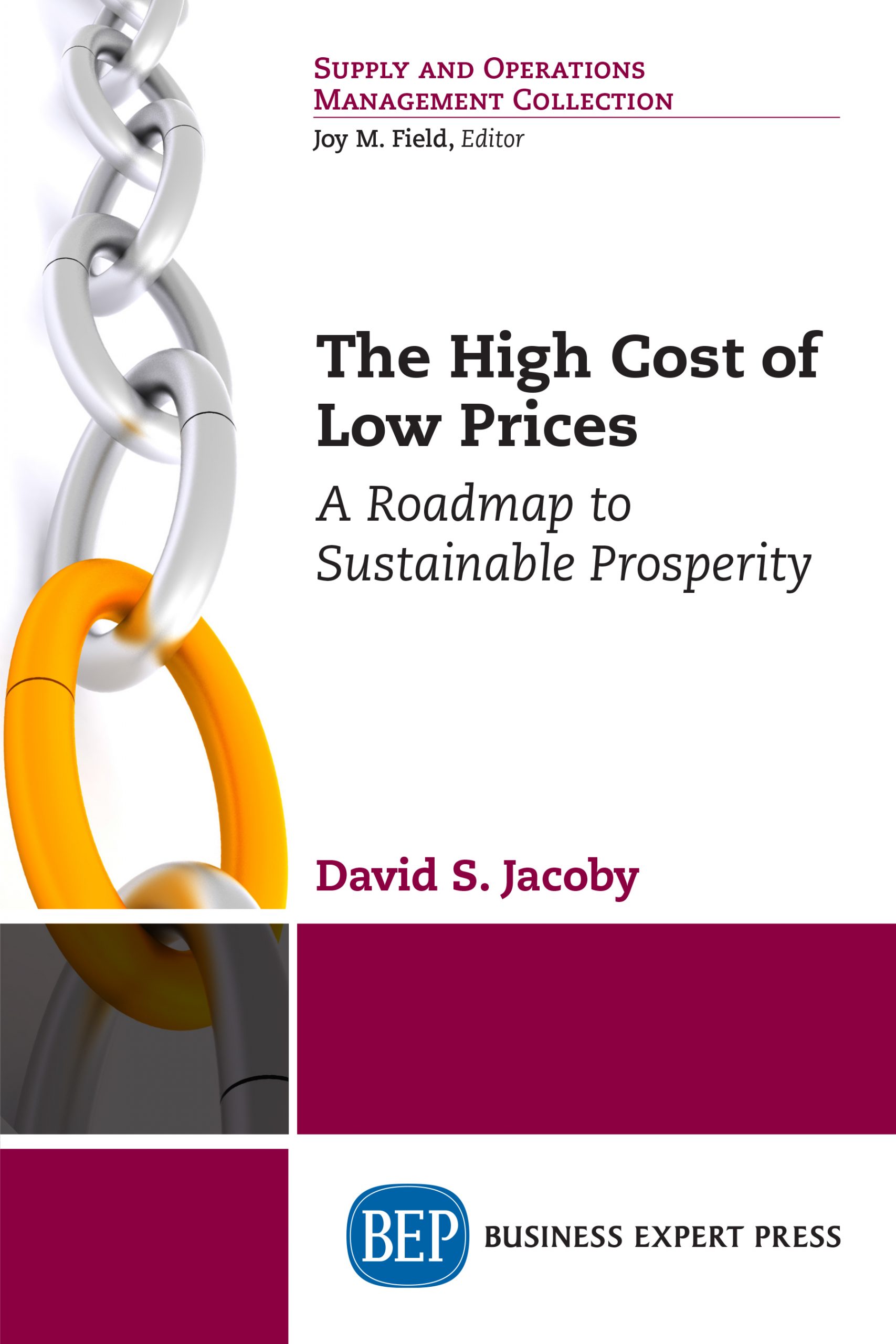Climate & ESG
Assuring Sustainable Development
Tools for measuring prosperity and managing growth
This book directly addresses controversial issues like climate change, carbon prices, fracking, offshoring, urban sprawl, globalization, income inequality, regulation, corruption, compliance and enforcement, providing an informed basis for mapping the way forward. Rich in facts and deep with first-hand experiences from around the world, Jacoby challenges embedded thinking about growth and progress, convenience, comfort, and quality of life. The book proposes a bold and realistic new policy framework that is ground-breaking and achievable for industry, government, and consumers, and supports the plan with achievable metrics, targets, and accountabilities.
While his first book promoted global supply chain optimization based on industry “best practices” and his second book fine-tuned the techniques for oil, gas, and power companies, Jacoby takes a holistic perspective in this (his third) book, acknowledging and proposing solutions for the problems caused in part by these “optimized” global supply chains.
Selected Reviews from Amazon.com
Governing the Convergence of
E-Mobility and Smart Cities
Recent Posts on Environmental Policy
(click on the title below to Follow me on FaceBook)